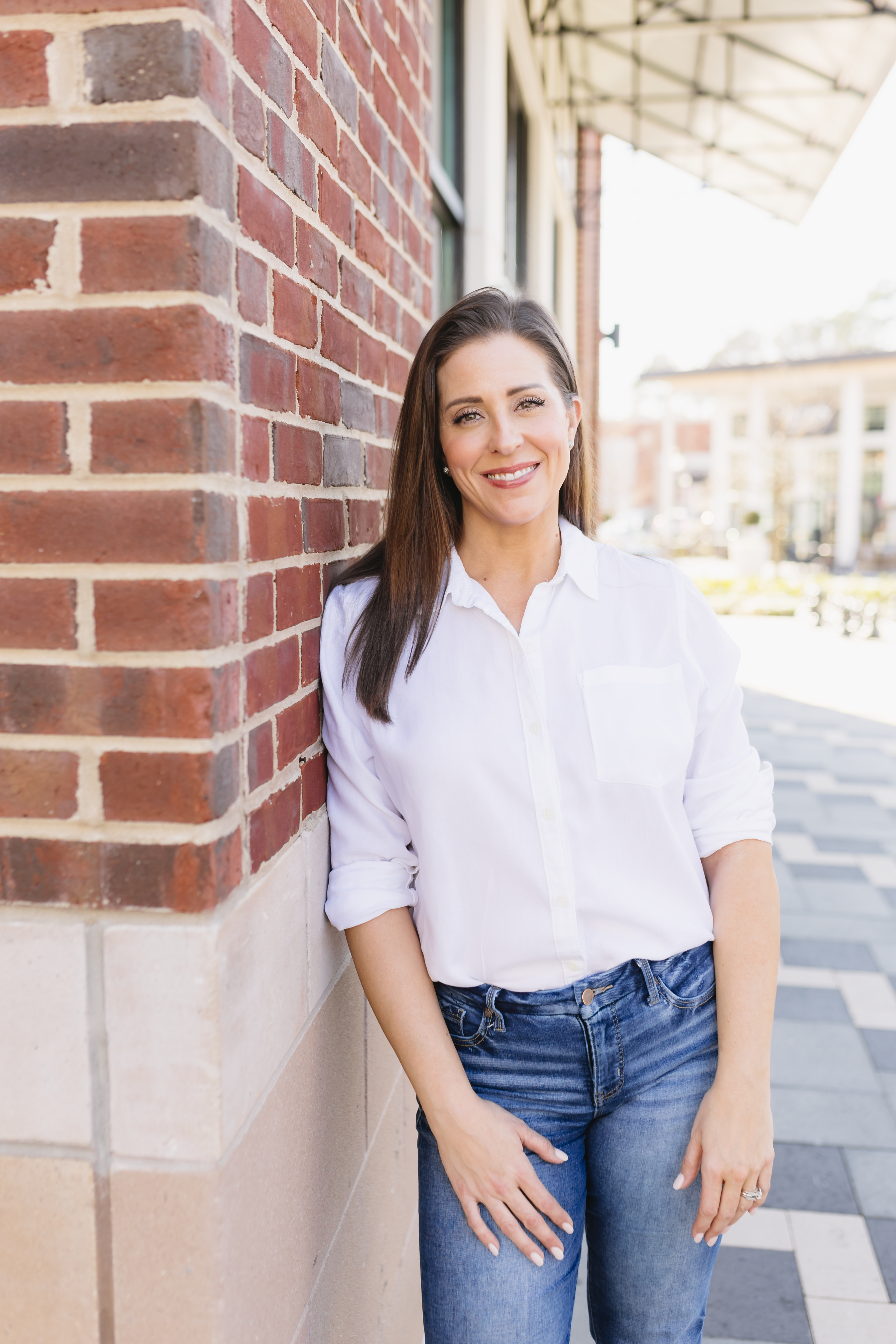A Digital Detox for a Wholesome Childhood: Winning the Battle Against Social Media
- Piper Harris, LPC

- Apr 12, 2024
- 3 min read

Raising children in today's digital age comes with a unique set of challenges that parents of previous generations could hardly have imagined. Among these, controlling access to social media platforms is an issue that divides many families. In my household, we've chosen a path less traveled but one that we believe deeply in denying our sons access to social media. And although it's been a battle, it's one that, so far, we have won. The essence of our decision boils down to two core beliefs.
1. The Value of a Real-world Childhood
Firstly, we believe childhood should be savored in the real world, not the virtual one. Growing up in the Pacific Northwest, my childhood was a testament to the profound joy and learning that comes from exploring the outdoors. It was a time when laughter wasn't filtered through emojis, and ruggedness wasn't just a concept confined to adventure blogs. We climbed trees, not digital leaderboards. This hands-on, dirt-under-the-fingernails experience of youth is something we want for our sons, unmediated by screens. I spent many days hiking remote trails, fishing for trout, watching friends at local rodeo events, jet skiing, snowmobiling, and, some days, just simply laying in the sunshine listening to my cassette tapes.
2. Insights from "The Anxious Generation" by Jon Haidt
But our decision isn't just based on nostalgia. It's reinforced by research and contemporary findings, notably highlighted in Jon Haidt's upcoming book, The Anxious Generation. Haidt's research delves deep into how the great rewiring of childhood through smartphones and social media is causing an epidemic of mental illness among adolescents.
The Decline of Play
Haidt recalls how the decline of play-based childhood, starting in the 1980s and accelerating in the 1990s, has deprived children of essential, unsupervised outdoor play. This shift has stripped our young ones of the very experiences needed to overcome fears, build friendships through shared adventures, and learn risk assessment firsthand. This free play, fundamental in wiring up the mammalian brain for adulthood, is something we passionately advocate for by keeping our sons' childhoods as device-free as possible.
The Surge in Mental Illness
As Haidt explains, the early 2010s marked a significant spike in anxiety, depression, and even self-harm among adolescents, synchronized with their social lives transitioning online. The correlation between the rise of a phone-based childhood and a surge in mental health issues isn't just incidental; it's a clear sign of the psychological and neuroscientific impacts of social media and constant connectivity on young brains.
Reflecting on my own shift in mental well-being, I, too, see a trend in declining satisfaction and contentment due to the increase in social media use: comparing self to others, feeling "left out" when seeing funny stories and celebrations, and more.
A Path Forward
Haidt doesn't leave the reader without hope. His suggestions resonate deeply with our family's approach: prioritizing real-world play and delaying the introduction of smartphones and social media well into adolescence. The collective action of parents, educators, and policymakers can, indeed, forge a healthier environment for our children.
The Battle Worth Fighting
Opting out of the social media equation for our children hasn't been easy. It's a daily negotiation, a consistent effort to offer enticing alternatives, and a commitment to engage in the physical world together. Yet, seeing our sons' resilience, joy, and creativity flourish reassures us that this is a battle worth winning.
In advocating for a childhood rooted in the tangible, textured experiences of the real world, we're also embracing a holistic approach to mental health, consistent with Haidt's findings in The Anxious Generation. This isn't about sheltering our children but rather equipping them with the resilience, empathy, and depth that only unmediated life experiences can provide. So far, we're winning, one adventure, real-life laughter, and genuine connection at a time.

In the parenting journey, we sometimes face uncertainties and wonder if there's more we can do for our children. Seeking guidance is a courageous step toward nurturing their growth and our own.
At Untangled Mind, LLC, we invite you to embark on a journey of introspection and improvement through a complimentary counseling consultation. Discover how we can help you refine your parenting strategies, embrace a healthier family dynamic, and identify blind spots with empathy, understanding, and scientifically backed methods like cognitive behavior therapy.
This is an opportunity to connect in a compassionate and professional setting, focusing on building the skills and resilience needed for your family's unique path.
Schedule your complimentary consultation. Let's navigate this journey with kindness, understanding, and the shared goal of a harmonious, supportive family life.



Comments